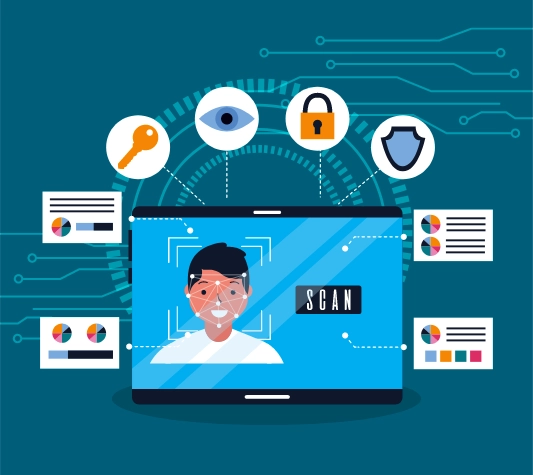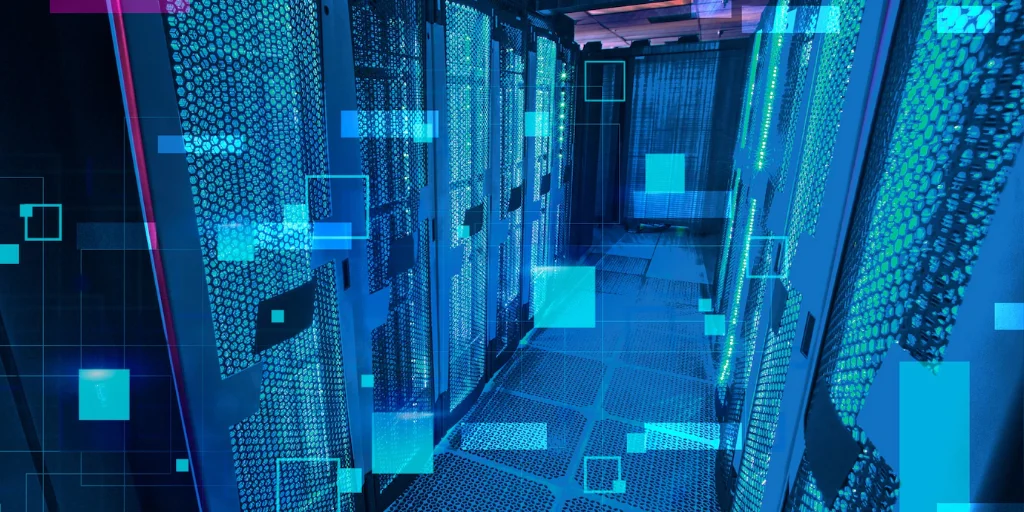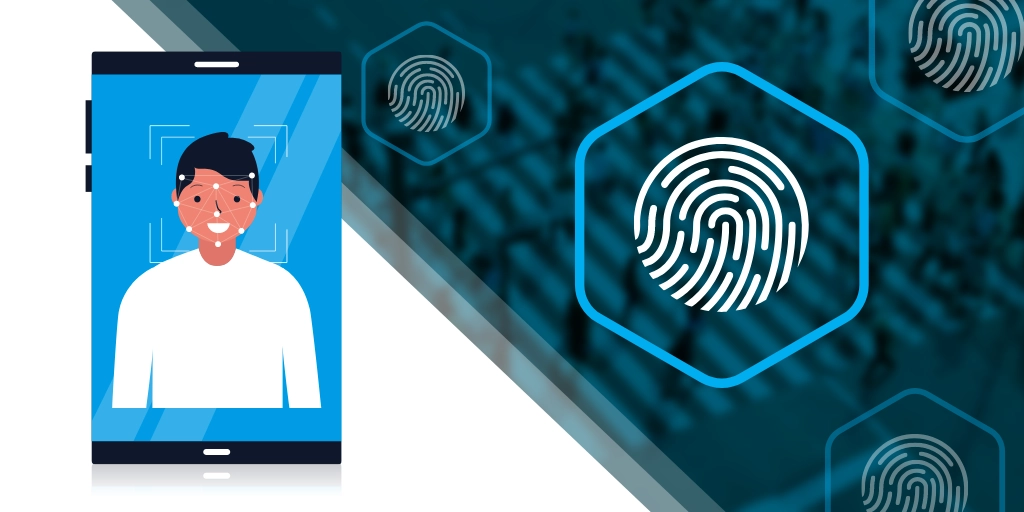Not everyone knows what a digital identity is, but many have one, whether they like it or not! Every cookie you accept, every form you fill out, and every click you make on social media contributes to your digital identity. What’s worse, identity theft has never been more of a threat than today. Indeed, the Federal Trade Commission recently reported that incidents of identity theft increased by almost 45% globally in 2020. However, this growing problem, driven on the internet by phishing and hacking techniques, can be effectively combated by using the technology of decentralized digital identities.
Let BCdiploma tell you more about the concept of decentralized identities, and their many benefits.
Digital identities as they currently exist today are problematic
The need to identify yourself everywhere, for everything, all the time
Dealing with the internet every day means having many passwords, verification email addresses and profiles on the various sites we visit. The plethora of credentials is a challenge to manage, even for the most organized of us. And every new password you create multiplies the risk of losing or having your information stolen.
Advanced identification solutions already exist
An email address and password is not always enough to identify yourself on a platform that requires more secure authentication. This is the case for banking services, health insurance, cryptocurrency platforms, and so on. Often you have to prove your identity by giving additional evidence such as a:
- Proof of address
- Scan of an identity document
- Video proving that you really are who you say you are

The false solution of federated authentication
Certain internet giants, such as Facebook and Google, allow access to their own and other sites and applications without having to create another account. You can simply choose the option to connect via Facebook, for example, just by clicking on a handy button. This digital identification solution falls very short from a security point of view. In avoiding the hassle of multiple logins, you are, in fact:
- Entrusting a huge amount of personal information to entities that already have far too much information on you
- Informing internet giants even more in detail about your digital habits
With this kind of federated identification, all that is needed is for a malicious person to obtain your Google credentials, for example, to gain access to a wide range of different platforms and sites that you have connected to your Google account.
What are the risks of a digital identity?
Our current identification habits are not well-suited to the digital world as it is today, and even less to what this world will become in the near future. A password paired with an email address is not a reliable means of identification, nor are photocopies or scans of documents that purport to prove your identity. Such ways of proving you identity have many downsides, including:
- The risk of temporarily or permanently losing access to a service or platform
- The risk of having those same accesses hacked
- The risk of being the victim of identity theft
- The time-consuming, annoying and restrictive aspects of having multiple profiles and accounts

How does a decentralized identity change all that?
Decentralized blockchain-based identities
The concept of a decentralized identity responds to each of these problems by providing a unique and reliable authentication system, based on blockchain certification. A blockchain makes it possible to guarantee that a digital object is unique, and that it has not been messed with by fraudulent manipulation. This follows the same principle of NFTs (or Non-Fungible Tokens): elements that cannot be altered or copied.
Creating a digital passport in an NFT format ensures that only its legitimate owner or holder can use it. This legitimate owner can then sign transactions using a crypto wallet with a private key that authenticates the transaction in a secure way.
The use of decentralized identifiers (DIDs)
A decentralized identifier, or DID, is a unique identifier associated with a special cryptographic key assigned to a natural person by a certified regulatory entity, and can be used, for example, to confirm your:
- Identity
- Proof of address
- Age or date of birth
The holder of the digital passport retains full control over the information associated with it, deciding how it is shared and for how long, and exactly which data is shared and which is not. What’s more, thanks to the principle of “zero knowledge proof”, an individual can pass an identity check without revealing their exact age, address, identity card expiry date, photo, and so on, as would inevitably be the case when using a physical version of it.
BCdiploma, experts in blockchain technology
BCdiploma offers a full range of blockchain-based solutions for organizations wishing to easily set up a digital credentialing system, of whatever kind. In 2022, BCdiploma is bringing mywallet.cloud to the market, an innovative blockchain e-portfolio wallet allowing its owner to access all the decentralized identity features of the European Blockchain Services Infrastructure (EBSI) ecosystem.
To find out more about our expertise, visit our website and ask for a demo!
[title[What is a decentralized identity?]] [description[Are decentralized identities still a mystery to you? BCdiploma tells you more about this revolutionary technology!]]